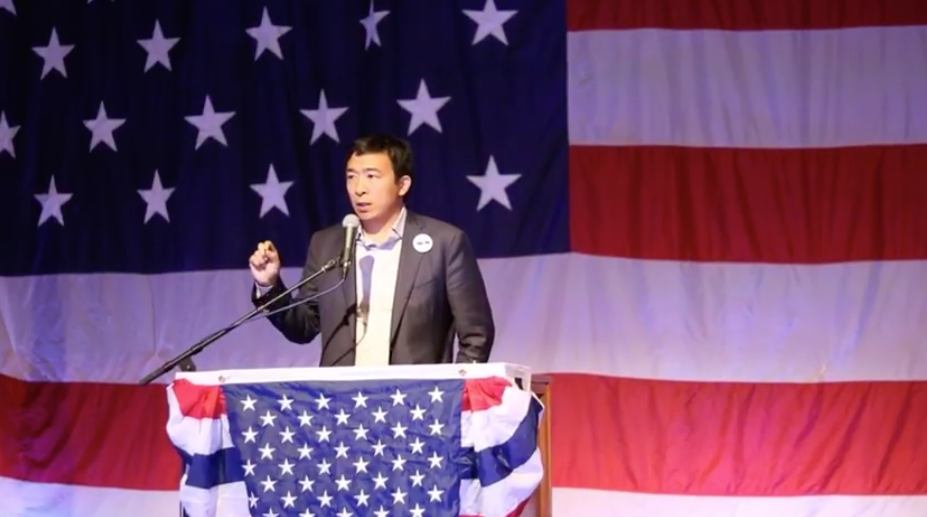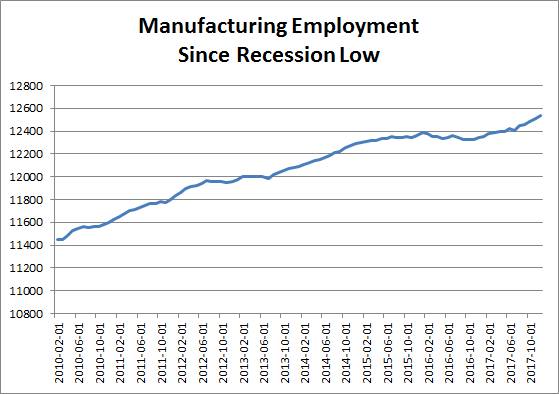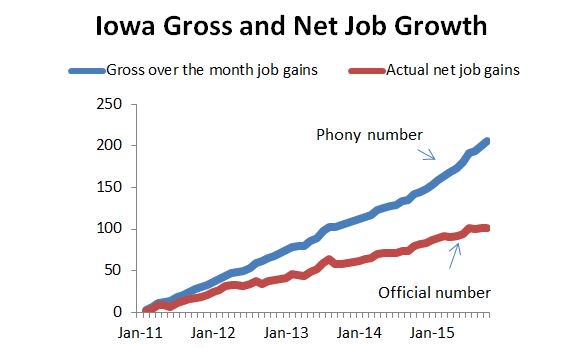Governor Terry Branstad got good news and bad news from the latest Quinnipiac statewide poll, released today. The survey of 1,256 registered Iowa voters between July 15 and 17 found that Branstad is in positive territory with Iowans: 51 percent approve of his work as governor, while just 33 percent disapprove. Moreover, 50 percent of respondents have a favorable opinion of Branstad, while 37 percent view him unfavorably. Another good sign for the incumbent: 67 percent were either very or somewhat satisfied with “the way things are going in Iowa today”; just 31 percent said they were very or somewhat dissatisfied.
On the downside, just 43 percent of respondents said Branstad deserves to be re-elected; 46 percent said he does not. About 54 percent said the governor “has been in office long enough,” while 37 percent said he should seek another term.
No one’s going to panic at Terrace Hill over this poll. Thinking abstractly that Branstad should retire is different from choosing to vote for someone else. Clearly many people in that “long enough” group like Branstad and think he’s doing a decent job. I doubt those people would vote for a challenger unless they felt that Branstad was physically unable to serve for another four years.
The potential Democratic candidates for governor are mostly unknown to Iowa voters. About 77 percent of Quinnipiac’s respondents haven’t heard enough about Senate Majority Leader Mike Gronstal to form an opinion, 85 percent said the same about State Senator Jack Hatch, and 92 percent said the same about State Representative Tyler Olson.
Full results from the Quinnipiac poll including questionnaire and cross-tabs can be viewed here (pdf). Olson’s campaign was quick to send out an e-mail blast touting the poll as proof that Iowans agree it’s “time for a new start in the Governor’s office.” I posted that message after the jump. I haven’t seen any comment from the Branstad campaign about the new poll, but I also enclosed below a statement released today touting the governor’s job creation efforts.
Continue Reading...








